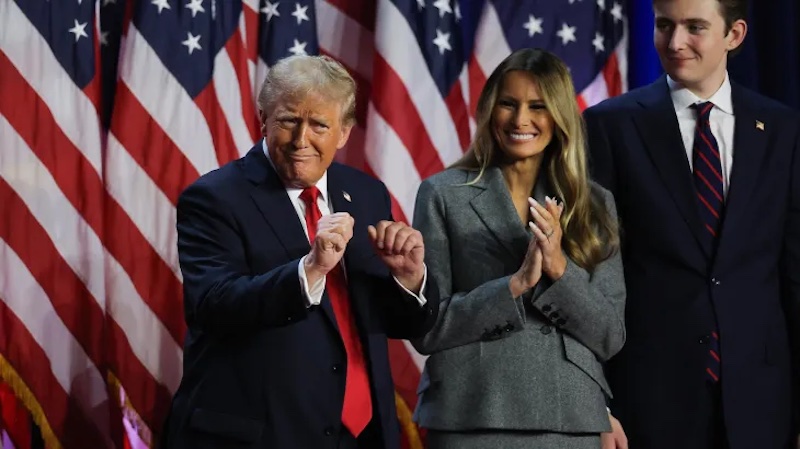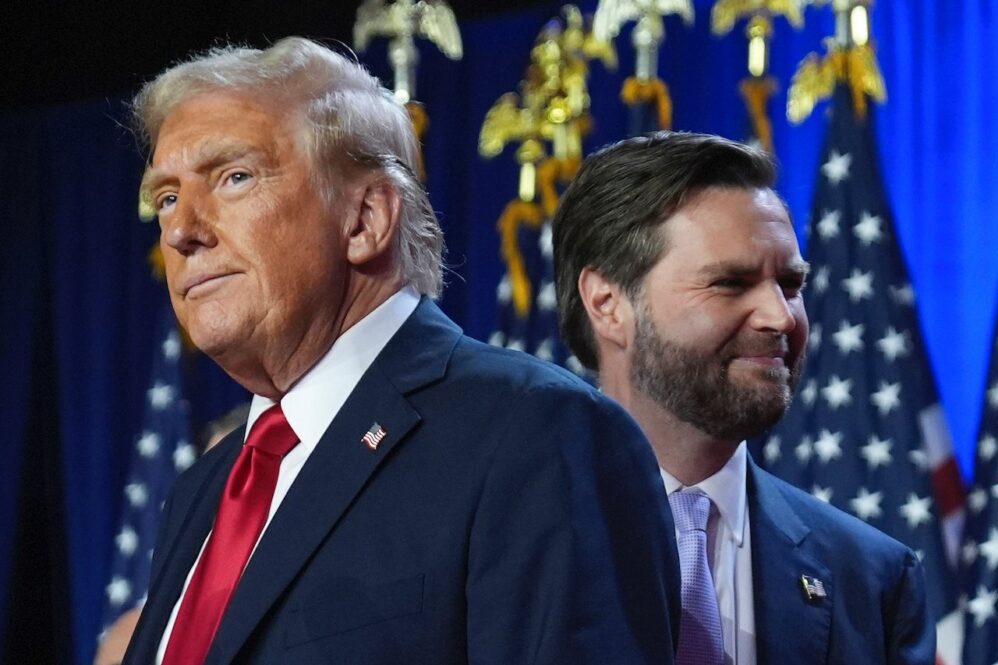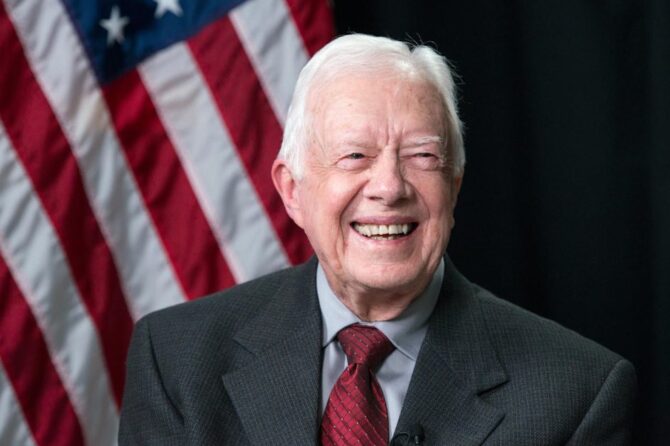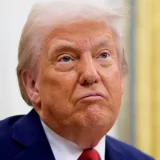Trump’s Resurgence and the Global Tremors of a Divided America
The 2024 US Presidential election culminated in a political earthquake, propelling Donald Trump back into the White House and defeating incumbent Vice President Kamala Harris. This seismic shift in the American political landscape reverberated across the world, sparking anxiety, celebration, and uncertainty in equal measure. The echoes of this election, with its razor-thin margins and nail-biting finish, are likely to shape the global order for years to come.
The election, held on November 5th, 2024, was a tumultuous affair, with both candidates engaging in a fierce battle for every vote. The final days leading up to the election were described by some media outlets as “one of the closest elections in history,” reflecting the deep divisions within the American electorate. As the results trickled in, it became clear that the nation was on a knife’s edge, with key swing states like Wisconsin, Pennsylvania, and Georgia holding the key to victory.
In the end, Trump’s populist message resonated with a significant portion of the electorate, particularly in those crucial swing states. His campaign, built on a platform of economic nationalism, a tough stance on immigration, and a promise to “Make America Great Again, Again,” tapped into a vein of discontent and anxiety that ran deep within American society.
As news of Trump’s victory spread, congratulations poured in from his allies and supporters around the world. However, many expressed apprehension about his return to power, citing his previous tenure marked by controversial policies, divisive rhetoric, and an unpredictable approach to foreign affairs.
One region watching the election results with particular anxiety was Ukraine. Trump’s past pronouncements on the ongoing conflict with Russia, including his perceived affinity for Russian President Vladimir Putin and his questioning of US military aid to Ukraine, have fuelled deep concerns about a potential shift in American policy that could leave them vulnerable. Some Ukrainian officials expressed fears that a Trump administration might adopt a more isolationist stance, potentially emboldening Russia and undermining international efforts to support Ukraine’s defense.

Beyond the geopolitical implications, Trump’s victory also sent shockwaves through global financial markets. The euro, for instance, suffered its most significant drop since the COVID-19 pandemic, reflecting concerns about the potential impact of Trump’s economic policies on the European Union.
Meanwhile, other sectors, such as cryptocurrency, experienced a surge in value. Bitcoin, in particular, soared to a new all-time high, with some analysts suggesting that investors were betting on the cryptocurrency’s potential to thrive in a more volatile and unpredictable global economic environment, which they anticipated under a Trump presidency.
Within the United States, the election exposed deep societal divisions that had been simmering for years. Trump’s victory, while a cause for jubilation among his fervent supporters, was met with dismay and anger by many who view him as a threat to democratic norms and values. The stark polarisation that has come to characterise American politics was on full display, underscoring the challenges of bridging the chasm between opposing worldviews.
The Republican party’s success extended beyond Trump’s victory. They also secured control of the Senate, regaining a majority after four years. This outcome will likely have significant implications for legislative processes, judicial appointments, and the overall balance of power in Washington.
As the dust settles on this historic election, the world holds its breath, anticipating the direction of the Trump administration. His actions and decisions will undoubtedly have far-reaching consequences, not only for the US but for the global order as a whole. The coming years promise to be a period of uncertainty, volatility, and profound change, as the world grapples with the implications of a resurgent Trump on the world stage.

















